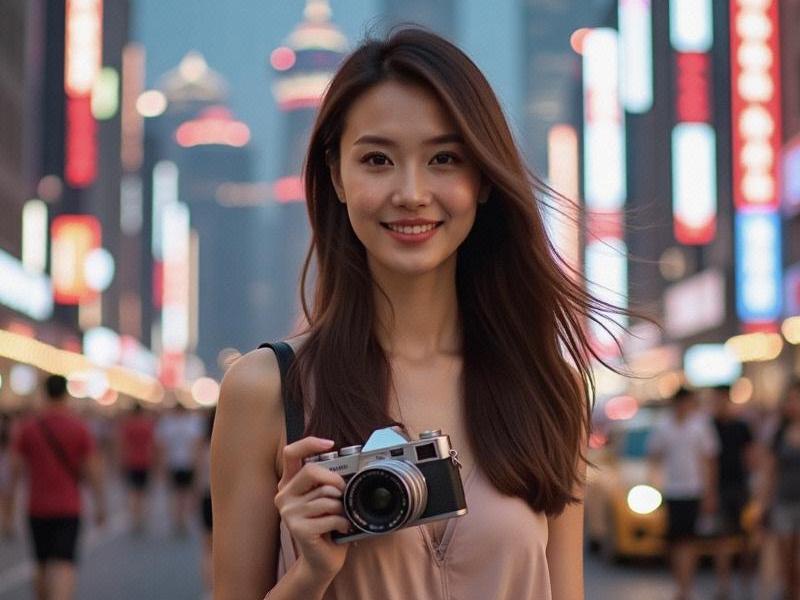An investigative report on how Shanghai's high-end entertainment clubs are transforming amidst changing consumer preferences, technological advancements, and regulatory environments.

Shanghai's entertainment club industry, once synonymous with extravagant karaoke boxes and VIP rooms, is undergoing its most significant transformation since the city's 1930s jazz age heyday. As China's financial capital enters a new economic phase, these establishments are reinventing themselves as multifaceted lifestyle destinations.
The New Business Models
Gone are the days of simple karaoke parlors. Modern clubs like "Cloud Nine" in Jing'an district combine:
- High-tech karaoke systems with AI vocal coaching
- Michelin-starred chefs creating fusion tapas
- AR-enhanced private rooms that transform into Parisian cafés or Tokyo streetscapes
Revenue has diversified - F&B now accounts for 45% of income at top venues, compared to just 15% a decade ago.
Cultural Hybridization
The successful "Jade Dragon" chain exemplifies the new cultural blend:
- Traditional Chinese tea ceremonies in VIP lounges
上海龙凤sh419 - Western-style mixology bars with baijiu cocktails
- Weekly jazz nights featuring both Shanghainese crooners and international acts
"Today's clients want global sophistication with local roots," explains manager William Zhao.
Technology Integration
Forward-thinking clubs are investing heavily in digital experiences:
- Facial recognition for member check-ins
- Smart tables that automatically reorder drinks
- Holographic performers that alternate with live acts
The "M1NT Galaxy" club even offers metaverse integrations where VIPs can host virtual afterparties.
419上海龙凤网 Regulatory Adaptation
Following stricter regulations, clubs have implemented:
- Transparent pricing systems to prevent fraud
- Digital payment trails for all transactions
- Professional staff training programs
"We welcome standardization - it separates serious businesses from fly-by-night operations," says hospitality lawyer Miranda Kwok.
The Clientele Revolution
The demographics have shifted dramatically:
- 35% female customers (up from 12% in 2015)
- Growing middle-class professionals replacing tycoons
上海品茶论坛 - International visitors preferring "authentic Shanghai" experiences
"People now come for the atmosphere and networking, not just to show off wealth," notes sociologist Dr. Li Wei.
Future Trends
Industry analysts predict:
1. More family-friendly daytime entertainment concepts
2. Health-conscious offerings (organic cocktails, air purification systems)
3. Subscription-based membership models
4. Collaborations with local artists and designers
As Shanghai positions itself as a global leisure destination, its entertainment clubs are becoming sophisticated cultural hubs rather than just nocturnal playgrounds. This evolution mirrors the city's broader transformation from brash newcomer to refined world metropolis.